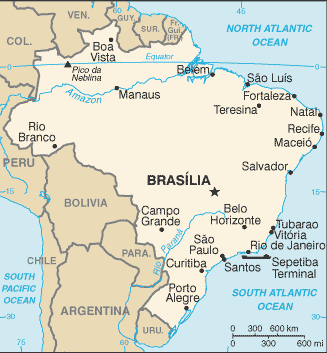 Military Police occupied the favela, or shantytown, of Caramujo, in the city of Niteroi outside Río de Janeiro, following riots sparked by the death of two local youths in incidents with the security forces April 19. One of the victims, Anderson Luiz Santos da Silva, 21, was outside a church with his family on Good Friday when he was hit by a stray bullet—apparently from a shoot-out between police and local drug dealers. His nine-year-old brother was also wounded in the incident. "The young man died trying to protect his mother and sister," said Niteroi's Catholic Church in a statement. The second victim, Emanoel Gomes, 17, was killed when a police armored vehicle crashed his motorbike. Residents set fire to vehicles and battled police, calling for justice. Amnesty International says some 2,000 people die every year in Brazil in careless and violent police actions. The favelas have been targeted for aggressive police action ahead of the World Cup, which Brazil is to host in June. Rio de Janeiro is also slated to host the 2016 Olympics. (Notimérica, April 20; BBC News, April 19)
Military Police occupied the favela, or shantytown, of Caramujo, in the city of Niteroi outside Río de Janeiro, following riots sparked by the death of two local youths in incidents with the security forces April 19. One of the victims, Anderson Luiz Santos da Silva, 21, was outside a church with his family on Good Friday when he was hit by a stray bullet—apparently from a shoot-out between police and local drug dealers. His nine-year-old brother was also wounded in the incident. "The young man died trying to protect his mother and sister," said Niteroi's Catholic Church in a statement. The second victim, Emanoel Gomes, 17, was killed when a police armored vehicle crashed his motorbike. Residents set fire to vehicles and battled police, calling for justice. Amnesty International says some 2,000 people die every year in Brazil in careless and violent police actions. The favelas have been targeted for aggressive police action ahead of the World Cup, which Brazil is to host in June. Rio de Janeiro is also slated to host the 2016 Olympics. (Notimérica, April 20; BBC News, April 19)

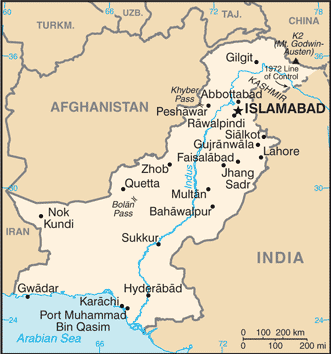 Nearly 108 tribesmen from Pakistan's remote northwestern borderlands were abducted by presumed Taliban militants April 12 from a mela (festival) where local hashish merchants were displaying and sampling their wares. Most were liberated the following day, but 15 men belonging to the Qamber Khel tribe are still being held. The mela was taking place at Haider Kandao, a village that straddles the tribal agencies of Khyber, Orakzai and Central Kurram in Pakistan's Federally Administered Tribal Areas, near the border with Afghanistan. Opium and cattle were also being exchanged at the meeting when it was stormed by gunmen from the
Nearly 108 tribesmen from Pakistan's remote northwestern borderlands were abducted by presumed Taliban militants April 12 from a mela (festival) where local hashish merchants were displaying and sampling their wares. Most were liberated the following day, but 15 men belonging to the Qamber Khel tribe are still being held. The mela was taking place at Haider Kandao, a village that straddles the tribal agencies of Khyber, Orakzai and Central Kurram in Pakistan's Federally Administered Tribal Areas, near the border with Afghanistan. Opium and cattle were also being exchanged at the meeting when it was stormed by gunmen from the  The latest boost to anti-cannabis propaganda comes in the form of California's crippling drought. The dought is no joke. For the first time in its 54-year history, the
The latest boost to anti-cannabis propaganda comes in the form of California's crippling drought. The dought is no joke. For the first time in its 54-year history, the 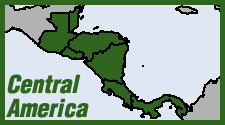 Central America's rainforests are being destroyed by drug traffickers who cut roads and airstirps on officially protected lands, according to a paper in the journal
Central America's rainforests are being destroyed by drug traffickers who cut roads and airstirps on officially protected lands, according to a paper in the journal  Possession of personal quantities of cannabis will no longer be a crime in Maryland under a law passed April 7 and sent to Gov.
Possession of personal quantities of cannabis will no longer be a crime in Maryland under a law passed April 7 and sent to Gov. 
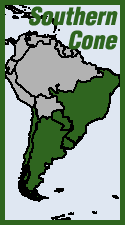 Brazilian Military Police backed by Marine troops occupied the massive Maré favela next to Rio de Janeiro's Galeao international airport on March 31, allegedly without firing a shot. The aim was to secure one of the city's most violent districts, long under control of drug gangs, ahead of the World Cup, to be held in Brazil in June. Shock troops of the elite Special Police Operations Battalion (BOPE) and Marines in armored vehicles and helicopters secured the Maré area, where 130,000 people live in poverty on the north side of Rio. Police said they seized guns and 450 kilos of marijuana, and arrested two suspected dealers. But residents said most gang leaders slipped out the favela ahead of the occupation. The operation had been expected; in preceding days Police Pacification Units (UPPs) were installed in 174 of Rio's favelas— home to around 600,000 people. (
Brazilian Military Police backed by Marine troops occupied the massive Maré favela next to Rio de Janeiro's Galeao international airport on March 31, allegedly without firing a shot. The aim was to secure one of the city's most violent districts, long under control of drug gangs, ahead of the World Cup, to be held in Brazil in June. Shock troops of the elite Special Police Operations Battalion (BOPE) and Marines in armored vehicles and helicopters secured the Maré area, where 130,000 people live in poverty on the north side of Rio. Police said they seized guns and 450 kilos of marijuana, and arrested two suspected dealers. But residents said most gang leaders slipped out the favela ahead of the occupation. The operation had been expected; in preceding days Police Pacification Units (UPPs) were installed in 174 of Rio's favelas— home to around 600,000 people. (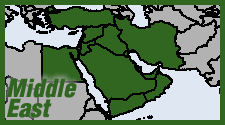 Amnesty International's latest global report on the death penalty, "
Amnesty International's latest global report on the death penalty, "




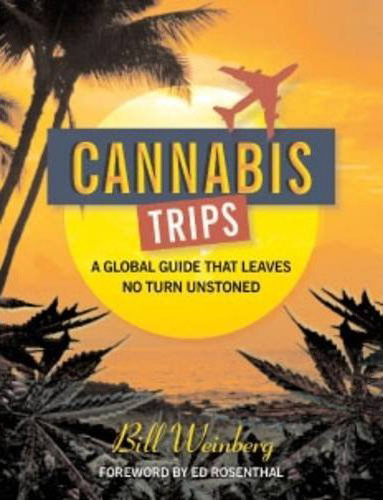

Recent comments
2 weeks 1 day ago
2 weeks 1 day ago
5 weeks 2 days ago
6 weeks 1 day ago
10 weeks 1 day ago
14 weeks 55 min ago
18 weeks 6 hours ago
18 weeks 5 days ago
28 weeks 5 days ago
32 weeks 6 days ago